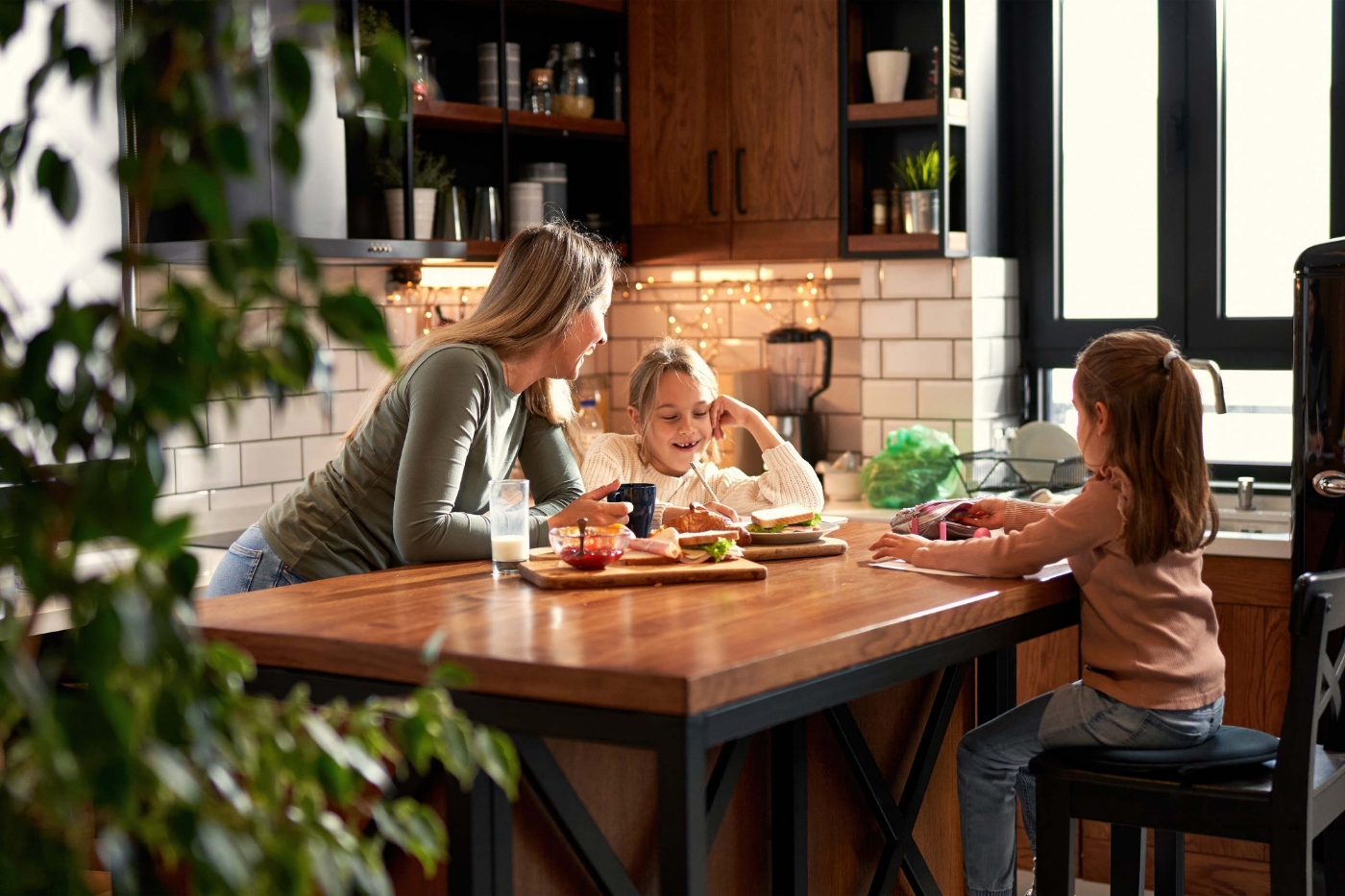Top 9 Tips for Co-Parenting in High-Conflict Situations
Published June, 2025
Co-parenting after separation is rarely easy—but when the relationship between parents is high-conflict, it can feel downright impossible. Whether the tension stems from unresolved emotions, communication breakdowns, or ongoing disputes, the focus must remain on what’s best for the children.
At Fulcrum Family Law, we understand the unique challenges of high-conflict co-parenting. While there’s no one-size-fits-all solution, these 9 practical tips can help reduce friction, protect your children, and keep the focus where it belongs: on their wellbeing.
1. Use Structured Parenting Arrangements
High-conflict co-parents often benefit from detailed, written parenting plans that leave little room for misinterpretation. Ideally these parenting arrangements are agreed upon, meaning the parents have some buy in to the outcome and are more likely to stick with it.
The Parenting Plan or Orders should cover details like changeover times and locations to when parents can enrol a child in an extra-curricular activity. Often, the more specific, the better.
2. Communicate in Writing—Briefly and Neutrally
When you do need to communicate, keep the focus on the children—not your ex-partner’s behaviour. Avoid sarcasm, blame, or emotional language. Think: “What’s in the best interests of my child?”—not “How do I win this argument?”
Avoid face-to-face or phone conversations where possible. Use apps like Our Family Wizard, TalkingParents, or even email to keep a clear, documented record.
For tone, keep it objective, concise and child-focused. You can even use AI tools to filter your communication to make it so.
For frequency, unless it is time-sensitive or urgent, try to keep your written communication to once a week or after a changeover.
3. Don’t Use Children as Messengers
Children should never be caught in the crossfire. Exposing them to sustained conflict between their parents can be very damaging to them and their future relationships.
Avoid asking them to pass on messages or relay information between homes. It places unnecessary emotional pressure on them and often leads to confusion or distress.
4. Focus on Parallel Parenting (Not Co-Parenting)
In high-conflict situations, parallel parenting—where parents disengage from each other and make day-to-day decisions independently—can be more effective than traditional co-parenting.
This approach reduces direct interaction and minimises opportunities for conflict.
5. Maintain Boundaries
You are no longer in a personal relationship with the other parent—so don’t allow old patterns to creep into your new dynamic. Set and maintain clear boundaries around time, communication, and personal life.
This might include seeking written consent before going to their house or giving them notice when you go to extra-curricular activities for the children when it is not ordinarily your time with them.
6. Document Everything (But Don’t Weaponise It)
Keep accurate records of communication, agreements, and incidents—but don’t let this become a constant threat or source of escalation.
Documentation is for your protection, not to build a case out of every disagreement.
7. Choose Your Battles
Not every disagreement needs a response. Ask yourself: “Does this affect my child’s safety, stability, or wellbeing?” If not, it may be better to let it go. Save your energy for the issues that truly matter.
We say you don’t need to (and won’t) win every battle to win the war.
8. Consider a Parenting Coordinator or Family Dispute Resolution (FDR)
If communication is consistently hostile or ineffective, a neutral third party like a Parenting Coordinator or FDR Practitioner can help mediate disputes and guide both parents toward better co-parenting strategies.
9. Take Care of Your Own Mental Health
High-conflict parenting is draining. Whether it’s through therapy, support groups, or simply making time for self-care, looking after your own emotional wellbeing is crucial—for your sake and your child’s.
A regulated parent models resilience and provides stability.
Co-parenting in a high-conflict situation isn’t about winning—it’s about raising healthy, secure children in spite of the challenges. You won’t always get it right, but staying calm, consistent, and child-focused will serve your family far better than engaging in conflict.
If you’re feeling overwhelmed or stuck in an ongoing dispute, legal advice and professional support can make a world of difference. At Fulcrum Family Law, we’re here to guide you through the legal process while keeping the best interests of your children at the heart of every decision.
